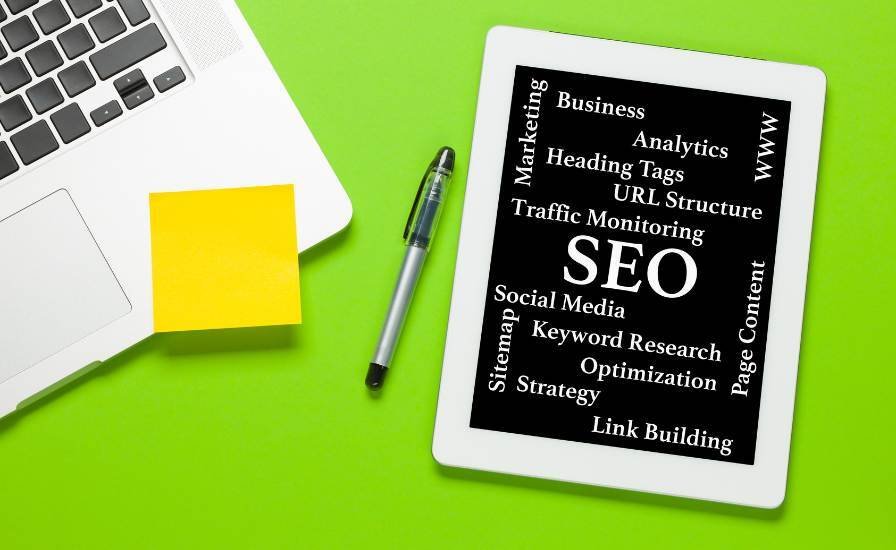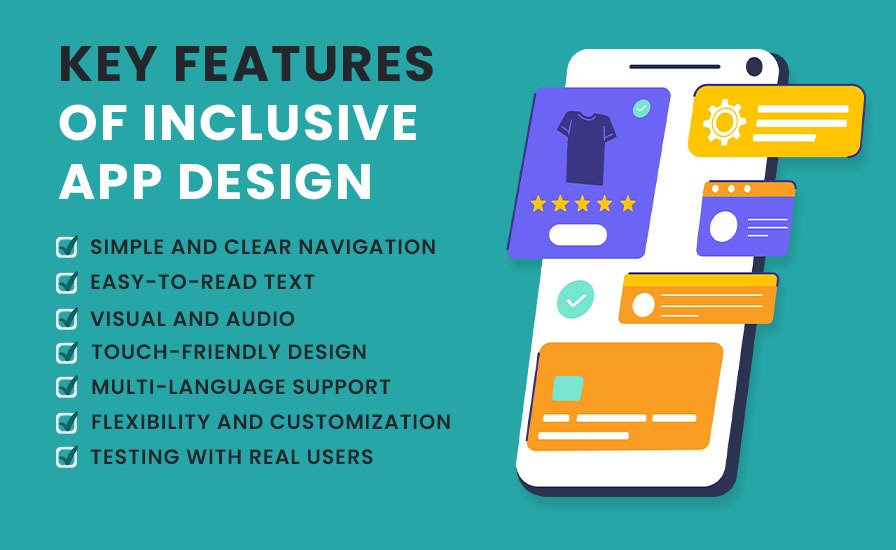The Top Factors That Might Be Slowing Down Your SEO Progress
Achieving SEO success is a long-term commitment. Many businesses invest too much in SEO but still find themselves stuck in the same position month after month. If you are experiencing slow progress then there may be specific factors that might be slowing down your SEO progress. Identifying these factors and then handling them will help you see better results.

Factors That Might Be Slowing Down Your SEO Progress
Here are the top factors which may be badly affecting your SEO:
1. Lack of Quality Content
Content is the soul of SEO. Your website will definitely struggle to rank without high-quality content. Some of the content-related problems are mentioned below:
- Thin content: Pages on your website with little content and less information will provide minimal value to your users. This thin content will frustrate the audience and ultimately push them away.
- Plagiarism: Search engines like Google strictly penalize websites with plagiarized content. They will see it as if you attempted to manipulate search rankings. You need to make sure that your content is unique.
- Irregularity: Irrelevant content can be the reason for your SEO downfall. Content must be relevant to the user’s question and provide the information that people are looking for. Irrelevant content confuses the users and drives them away.
Tip: Update your website with fresh and relevant content regularly. Consider using monthly SEO services to make sure that your content strategy stays on track.
2. Poor Keyword Strategy
Using the wrong keywords or stuffing too many keywords can hurt your SEO. Here is what is included in an effective keyword strategy:
- Keyword Research: Find the keywords that your target audience uses on a daily basis. Research is the key. Use tools like Google Keyword Planner or SEMrush to identify keywords with high traffic.
- Keyword Placement: Adjust the keywords naturally in your content. If you forcefully try to place the keywords it will be very harmful.
- Long-Tail Keywords: Use long-tail keywords to attract more specific search queries. Long-tail keywords have less competition and can drive targeted traffic to your website.
Tip: Use tools like Google Keyword Planner to research and optimize your keyword strategy.
3. Slow Website Speed
A slow-loading website can frustrate your users and make them leave your site. Search engines prioritize websites that load quickly. Factors affecting site speed include:
- Large Images: Compress images to reduce their size. Large images take longer to load and slow down your site.
- Unoptimized Code: Clean up your code to improve loading times. Remove unnecessary code and optimize CSS and JavaScript files.
- Server Issues: Ensure your hosting provider offers reliable and fast servers. Slow servers can drastically affect your site’s performance.
Tip: You can use tools like Google PageSpeed Insights to check and improve the speed of your website.
4. Mobile-Unfriendly Design
Nowadays people usually search for things on mobile. So, your website should be mobile-friendly. Here are some factors you need to know that contribute to a mobile-unfriendly design:
- Non-Responsive Design: Make sure that your website adjusts to different screen sizes. A responsive design improves the user experience on all devices.
- Poor Navigation: Make it easy for your audience to navigate your site on mobile. Complicated menus and small buttons are frustrating for mobile users.
- Slow Mobile Speed: Optimize your website to load quickly on mobile devices. Most people who use smartphones for queries expect fast loading times.
Tip: You can use Google’s Mobile-Friendly Test to check the compatibility of your website.

5. Ignoring Technical SEO
Technical SEO includes optimizing all the technical aspects of your website. Key areas that you need to focus on include:
- XML Sitemaps: Create and submit an XML sitemap to the search engines. This will help the search engines to crawl your site more effectively.
- Robots.txt: Make sure that your robots.txt file is not blocking your important pages. A wrongly structured robots.txt file can prevent search engines from indexing your site.
- HTTPS: Secure your website with HTTPS to build trust and improve your rankings. Google prefers secure websites and gives them a ranking boost.
Tip: Regular technical audits can help you identify and fix technical SEO issues. Consider monthly SEO services for ongoing technical support.
6. Weak Backlink Profile
Backlinks from authoritative websites send a signal to search engines that your site is trustworthy. Factors that affect your backlink profile are:
- Low-Quality Backlinks: Avoid low-quality and spam backlinks. These can harm your site’s credibility.
- Lack of Backlinks: Actively seek out opportunities to earn high-quality backlinks. Guest posting, partnerships, and creating shareable content can help.
- Broken Backlinks: Fix or remove broken backlinks. Broken links create a poor user experience and can affect your rankings.
Tip: Use tools like Ahrefs or Moz to analyze and improve your backlink profile.
7. Poor User Experience (UX)
Search engines mainly prioritize websites that offer a good user experience. UX issues can negatively impact your SEO, including:
- Complicated Navigation: Make your site’s navigation simple. Your audience should be able to easily find what they are looking for.
- Intrusive Pop-Ups: Avoid using too many pop-ups that disturb the user experience. Pop-ups can be annoying at times and drive your users away.
- Unclear Calls to Action (CTAs): Make your CTAs clear and easy to find. Users should know exactly what action to take next.
Tip: Conduct user testing to identify and fix UX issues.
8. Inconsistent NAP Information
Consistency in your Name, Address, and Phone number (NAP) is essential for local SEO. Irregular NAP information can confuse search engines and users. Make sure that your NAP information is:
- Accurate: Double-check that your NAP information is correct. Incorrect information can lead to failed business.
- Consistent: Use the same format across all of your platforms and directories. Regularity builds trust with search engines and users.
- Updated: Regularly update your NAP information to see if there are any changes. Information that is not updated can hurt your local SEO.
Tip: Use tools like Moz Local to manage your local listings and make sure that the NAP is consistent.
9. Not Utilizing Social Media
Social media can drive traffic to your website and improve your SEO. Factors that may slow down your social media impact include:
- Lack of Engagement: Regularly engage with your audience on social media. Respond to comments and messages to build a community.
- Inconsistent Posting: Maintain a consistent posting schedule. Regular updates keep your audience engaged.
- Ignoring Trends: Stay updated with social media trends and incorporate them into your strategy. Trending topics can drive more traffic to your site.
Tip: Integrate social media into your overall digital content strategy to boost SEO.
10. Neglecting Analytics and Data
Ignoring analytics and data can slow down your SEO progress. Regularly reviewing your analytics can help you:
- Identify Issues: Spot issues that may be hindering your SEO efforts. Analytics can provide you with insights of what is working and what is not.
- Track Progress: Monitor your SEO progress over time. Tracking helps you understand the effectiveness of your strategies.
- Make Informed Decisions: Use data to make informed SEO decisions. Data-driven decisions lead to better outcomes.
Tip: Use tools like Google Analytics to track and analyze the performance of your website.

Conclusion
Many Factors That Might Be Slowing Down Your SEO Progress can be addressed with a thoughtful approach. Regularly updating your content, optimizing your website’s technical aspects, and engaging with your audience on social media are just a few helpful ways to improve your SEO. You can use monthly SEO services to stay on top of your SEO game and make sure that it progresses continuously.
you can see significant improvements in your SEO performance by understanding and addressing these factors. Stay committed, be patient, and continuously optimize your strategies to achieve your SEO goals.
Stay Informed, Stay Ahead
Explore our insightful articles and stay updated on the latest trends, tips, and strategies shaping the digital marketing landscape.





